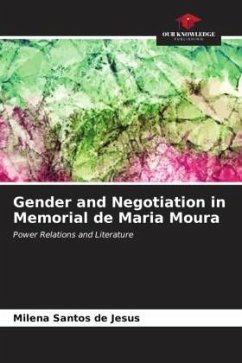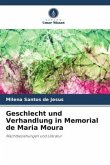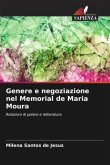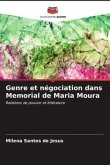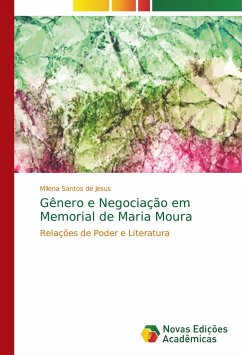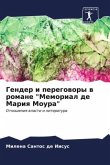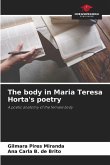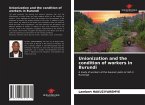The female body has always been at the centre of representations made by Western metaphysics. These attributions of meaning had an essentialised view of the sex-desire-gender relationship and were responsible for underpinning religious, scientific and biological discourses. The naturalisation of gender discourse as a direct consequence of the discursive construct of sex remained unquestioned and distanced from power relations until critical gender studies. In this context, the representations of women in the novel Memorial de Maria Moura (1992) by Rachel de Queiroz (1910-2003) are pertinent, as they allow us to think about the construction of gender within power relations. Since the 1990s, gender studies have been interested in the writer Rachel de Queiroz. The female character in the novel Memorial de Maria Moura (1992) is represented by the signs of paternal and maternal orphanhood and loneliness. Maria Moura breaks away from the traditional gender roles of mother and wife and enters the public sphere of war and the quest for power.
Bitte wählen Sie Ihr Anliegen aus.
Rechnungen
Retourenschein anfordern
Bestellstatus
Storno

